Seniors: Time to start caring about politics
May 16, 2017
Last November 26.5% of Americans voted for Hillary Clinton and 26.3% voted for Donald Trump, but if “didn’t vote” was a candidate they would have won with a plurality of 44.6% of the electorate.
The 2016 election had the worst turnout of any in 20 years (only 53% of Americans bothered to vote in 1996’s Clinton v. Dole contest) but in that timeframe voter participation has never exceeded 63.7%. The youth vote (18-24 years old) was 50%, the lowest of any group, just as it always has been. Depressingly enough, youth turnout was actually the highest it has been since 1972.
There’s a lot wrong with our elections, from the broken FPTP voting system, to a biased process of congressional districting, to the obsolete Electoral College itself: A system designed with the express purpose of subverting the popular will of American voters. It’s clear that serious electoral reform is needed (it’s also clear that it’s not forthcoming, though that’s a conversation for another day) but in the meantime voter apathy represents a problem all its own.
Party affiliation is also down; the most recent Gallup data shows that 28% of Americans identify as Democrats, 25% as Republicans and 44% as Independents. A larger share of voters are choosing not to register with a political party, which means, in most states, that fewer people are able to vote in primary elections, and therefore that fewer voters have a say in selecting political candidates.
In short low voter participation means that a smaller and smaller share of Americans are influencing the decisions which shape our government. It means that small groups of highly ideological voters have outsize influence, which can put extremist candidates in office, candidates who often lack any desire or willingness to compromise.
Probably the most disturbing trend of all is simple apathy; polling in September, at the height of the election, revealed that only 27% of Americans were following the election “very closely”; to look at that the other way, 73% of the population was barely paying attention, or wasn’t paying attention at all.
Our political system breeds cynicism; the super-rich out-donate millions of regular citizens with a single check, gerrymandered electoral districts guarantee victory to one party or the other before the voting even happens, and first-past-the-post system necessitates “lesser of two evils” voting, where the candidates don’t represent the views of the vast majority of Americans.
But the powers that be profit from this cynicism, they benefit when people give up on politics, they go unchallenged when people don’t come out to vote.
And voting is just one means of participation: A 2014 Pew survey found that just 15% of Americans made political donations and just 8% volunteered with a political campaign. 28% said they’d contacted an elected official. Civic engagement, whether that’s donating, volunteering, or demonstrating, is beneficial and essential to the function of a democratic society.
Many of us are continuing on to college this fall. You’ll never have a better opportunity to get involved in politics. So go out and vote, go out and protest, write a letter to your senator, give five bucks to a candidate, and subscribe to a newspaper (or at least look at The Economist’s Snapchat feed). Get engaged, listen to opposing viewpoints, and formulate opinions. Go ahead and join your school’s Young Democrats or Young Republicans (or Young Libertarians, Greens, or whatever else if you don’t care about ever winning anything). But whatever you choose to do, at least pay attention.

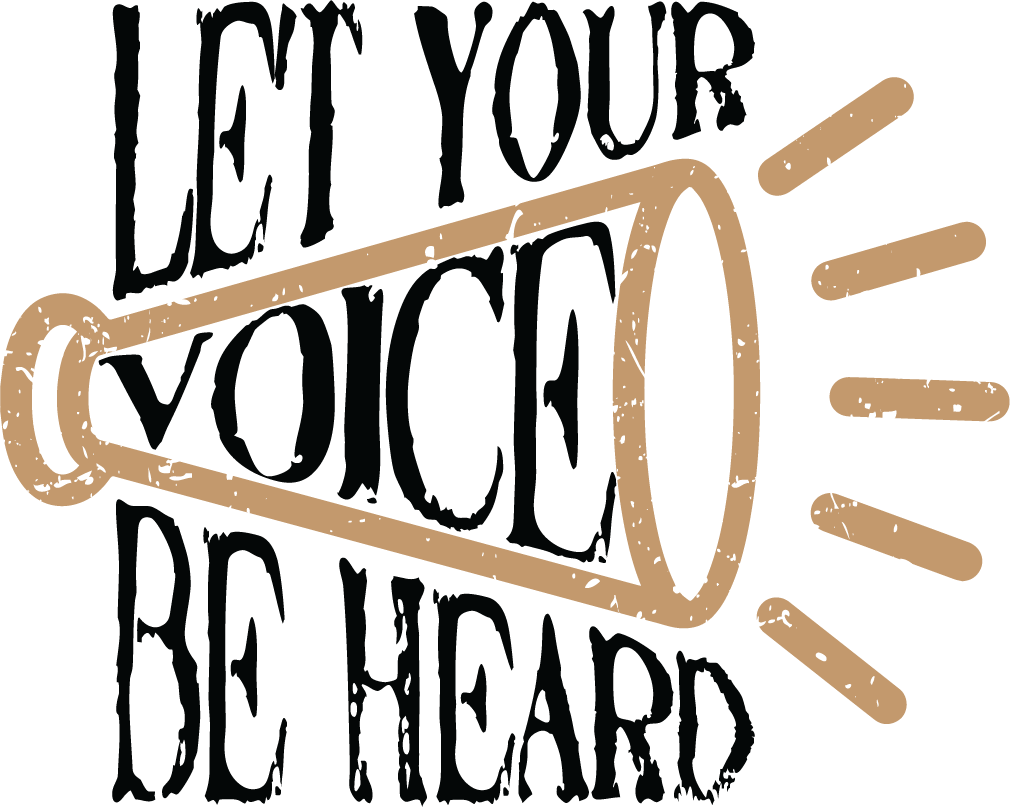

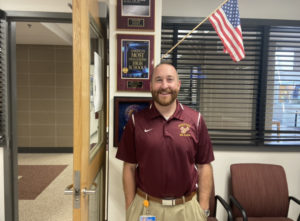
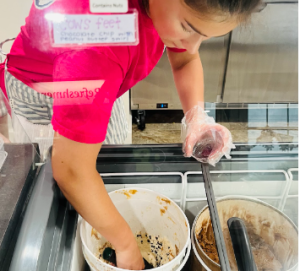
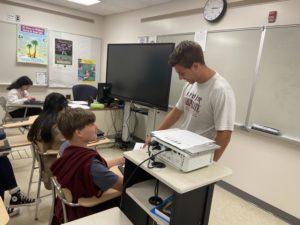
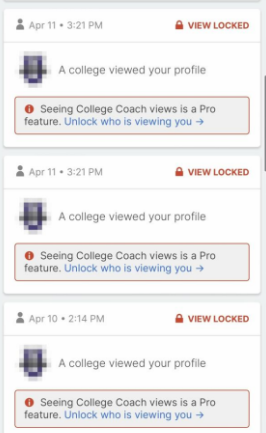
John Jiler • Nov 7, 2018 at 12:50 pm
THE NOTORIOUS NINETEEN
Dear Editor;
Autumn is deepening, and seniors are seriously thinking about their next step. For many of us, your generation is the hope of the future. The Parkland high school shootings galvanized young people across the nation to passionately advocate for common sense gun laws. Now, as your attention turns to college, we want to turn our admiration into action.
With the help of the Brady Center, the new Gabby Giffords consortium, Everytown for Gun Safety and the Columbia Scholastic Press Association, we’re reaching out to high school journalists across the country with our list of the NOTORIOUS NINETEEN—the states with dangerous, inadequate gun laws. Many of them condone the open carry of weapons on college campuses, but even those who don’t have encouraged or tolerated a state-wide, lawless violent culture. Our mission is to make these states known to high school seniors, whom we encourage NOT to apply to college in:
ALABAMA, ALASKA, ARIZONA, ARKANSAS, FLORIDA, GEORGIA, IDAHO, KANSAS, KENTUCKY, MISSISSIPPI, MISSOURI, MONTANA, NEW HAMPSHIRE, NORTH DAKOTA, OKLAHOMA, TEXAS, UTAH, WEST VIRGINIA, OR WYOMING.
We’ll be following up with letters to college presidents, Governors and legislators of the “Notorious Nineteen.” If they’re curious why their state-wide college applications are down this year, we’ll be happy to tell them!
Thank you for considering the publication of this letter in your newspaper. This is how the world changes. Good luck throughout senior year…… and beyond!
Best,
John Jiler,
Coordinator,
Committee for Scholastic Action On Guns